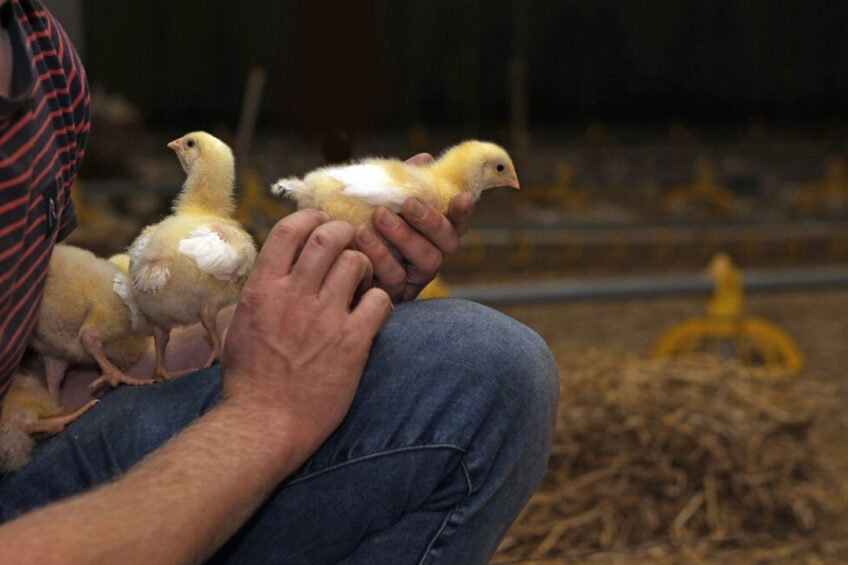European poultry meat sector launches sustainability charter

The European poultry meat producers organisation, Avec, has announced the launch of its Sustainability Charter, which it says symbolises the commitment of the European broiler meat sector toward a more sustainable future.
Avec president, Gert Jan Oplaat: “In the context of the European Green Deal and the Farm to Fork strategy in which the 27 EU member states committed to turning the EU into the first climate-neutral continent by 2050, the EU poultry sector wants to contribute to a more sustainable and resilient world. We aim for the best balance between the 3 pillars of sustainability: environmental, social, and economical. Our poultry sector is part of the solution, moving forward in ensuring sustainable and available food.”
Sustainability and resilience of the sector
Oplaat points out that the Avec Sustainability Charter aims to provide a clear roadmap on the key attributes leading to the best balance between the 3 pillars of sustainability on the one hand and guaranteeing the resilience of the sector in the future on the other. “The key will be to find a point of equilibrium between the pillars, and not to have an improvement on only 1 pillar with indirect negative consequences on the other pillars,” said Oplaat, adding that at a time where food security has become a major preoccupation in the EU and the world, following the war in Ukraine, Avec members are “committing to maintaining a sufficient level of production to feed the EU and the world population in a sustainable way with qualitative and affordable broiler meat”.
According to Oplaat, it is essential that consumers have a choice, too: “We want to be able to meet our sustainability goals, stay profitable as an industry, and offer a diverse choice of products to the consumer, from conventional to organic production, for every income.”
Ambitions
The Avec Sustainability Charter, which aims to pave the way for continuous improvement, takes the form of a list of ambitions put forward by the sector in the following areas:
- Environmental impact
- Packaging
- Animal welfare
- Antibiotics
The journey to sustainability and resilience in each EU country is different and must be considered and respected, said Oplaat. The Charter is designed to evolve over the years and amongst Avec’s members. In parallel, Avec invited its members to translate and adapt the Sustainability Charter to their national strategy towards sustainability.
The sustainable and resilient future of the EU agricultural sector is in the hands of producers, consumers, and policymakers. The European Union and its institutions will play a crucial role in the successful implementation of the Avec Sustainability Charter, and Avec and its members believe they each part of the solution.
Political decisions should strive for the best balance between the 3 pillars of sustainability. Oplaat: “To that end, Avec would like to submit to the European Commission a list of policy measures that are required to ensure the success of our Sustainable Charter 2022.” According to his organisation, a few important points are highlighted:
- Imported products must mirror the requirements imposed on EU products – also on animal welfare.
- Guarantees for a level playing field for meat imported from third countries at EU borders by increasing the frequencies of the controls should be provided.
- Investment in better control of residues in meat imported from third countries to ensure EU standards are met.
- Audit missions in third countries should lead to control of the whole supply chain from the hatchery to the slaughterhouse. Controls on the farm and feed mill are particularly important.
- New legislation on mandatory labelling of origin for all products containing poultry meat (especially in out-of-home consumption) must be introduced.
 Beheer
Beheer




 WP Admin
WP Admin  Bewerk bericht
Bewerk bericht